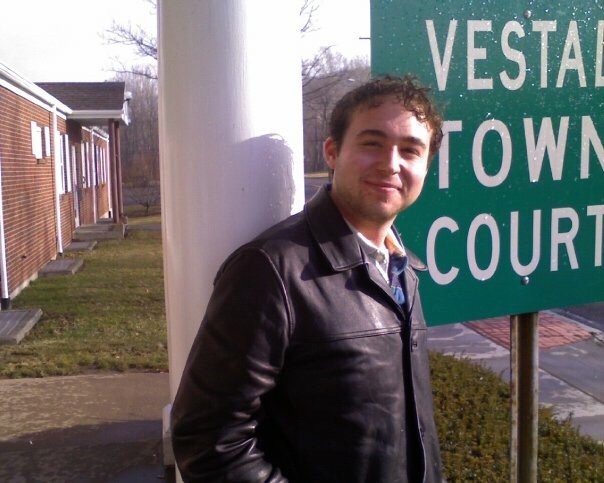Regional Power
In an era defined by decentralization and localized governance, the idea of a Master County presents a radical reimagining of regional power structures. What if, instead of fragmented municipal governments, one dominant county rose to oversee, unify, and manage resources, infrastructure, and policy across an entire region? Could this consolidation lead to greater efficiency, economic growth, and equitable development—or would it ignite tensions over autonomy and control?
The concept of a Master County isn’t just a speculative thought experiment. It reflects historical patterns of territorial expansion, annexation, and the desire for stronger centralized governance, albeit on a smaller, regional scale. As metropolitan areas continue to sprawl and resource competition intensifies, the Master County model may emerge as a necessary evolution to ensure cohesive regional planning and economic stability.
The Case for a Master County
Streamlined Governance
A Master County eliminates overlapping jurisdictions, reducing bureaucratic inefficiencies. Instead of multiple town boards, city councils, and county legislatures making competing decisions, a single governing body could lead with clarity and unified vision. This approach simplifies governance, cutting red tape that often hinders infrastructure projects and economic development.
Resource Allocation
A dominant county could better allocate resources across urban and rural areas, bridging the gap between wealthy and underfunded municipalities. This model prevents wealthier areas from hoarding resources while others crumble under financial strain. A Master County could redistribute tax revenue to ensure equal investment in schools, healthcare, and transportation.
Regional Identity and Influence
By consolidating power, a Master County could wield greater influence at the state and national levels. It could negotiate better terms for infrastructure projects, attract larger investments, and set regional agendas that align with the collective needs of its citizens. In essence, the Master County would function as a regional powerhouse capable of shaping economic and political landscapes far beyond its borders.
Emergency Management and Public Safety
Unified leadership under a Master County could significantly enhance disaster response and public safety. Coordinated emergency management ensures faster, more effective responses to crises, from natural disasters to public health emergencies. Fragmented localities often struggle with communication and resource sharing—problems that a Master County model could resolve.
The Risks and Controversies
While the Master County model presents numerous potential benefits, it also carries risks that could ignite fierce opposition.
Loss of Local Autonomy
The most significant criticism is the potential erosion of local identity and self-determination. Smaller towns and cities may resist being absorbed into a larger governing body, fearing their unique needs and voices will be lost. The sense of community that drives civic engagement at the local level could diminish, leaving residents feeling disconnected from decision-making processes.
Power Imbalance
A Master County risks consolidating too much power in the hands of a few officials, potentially fostering corruption or authoritarian tendencies. Regional monopolies could emerge, sidelining smaller communities and prioritizing urban centers. Without proper checks and balances, this model could lead to the very inefficiencies and inequities it seeks to eliminate.
Cultural and Political Divides
Counties are often diverse, encompassing urban, suburban, and rural populations with varying political, cultural, and economic interests. A Master County may struggle to unify these groups, exacerbating tensions rather than resolving them. Disputes over land use, zoning, and economic development could intensify, leading to regional instability.
Historical Precedents
The idea of consolidating regional power isn’t new. Ancient empires, medieval kingdoms, and even modern megacities have expanded by absorbing surrounding territories, often leading to stronger, more resilient governance. In the U.S., examples like the consolidation of New York City’s five boroughs in 1898 demonstrate how merging smaller entities can create economic powerhouses.
Similarly, county consolidations have occurred in regions like Louisville, Kentucky, and Nashville, Tennessee, where city-county mergers streamlined governance and enhanced economic development. These cases illustrate how regional unification can lead to long-term prosperity when executed thoughtfully.
Imagining the Future
In the face of economic disparity, environmental challenges, and political division, the Master County model offers a bold alternative to the fragmented systems that dominate local governance. By centralizing power, communities could harness collective strength to tackle large-scale issues with coordinated precision.
However, the path to establishing a Master County must be carefully navigated. Inclusive decision-making processes, transparent governance, and equitable representation will be critical to ensuring that consolidation leads to unity—not domination.
The question isn’t whether the concept of a Master County is feasible, but whether the challenges of the 21st century demand such transformative solutions. As regions grapple with the future, the rise of the Master County could redefine the landscape of local governance, setting the stage for a new era of regional power.

J. Peters
Book Author.
- J. Peters#molongui-disabled-link
- J. Peters#molongui-disabled-link
- J. Peters#molongui-disabled-link
- J. Peters#molongui-disabled-link








